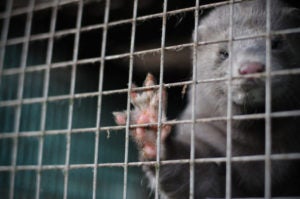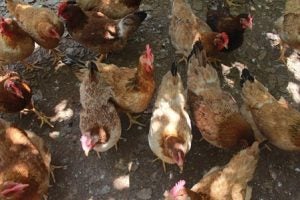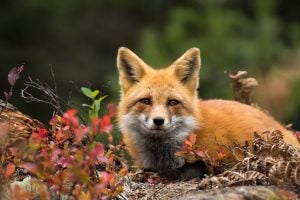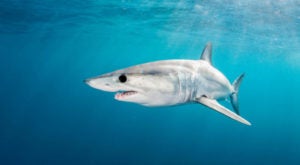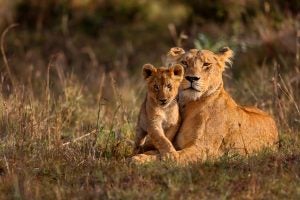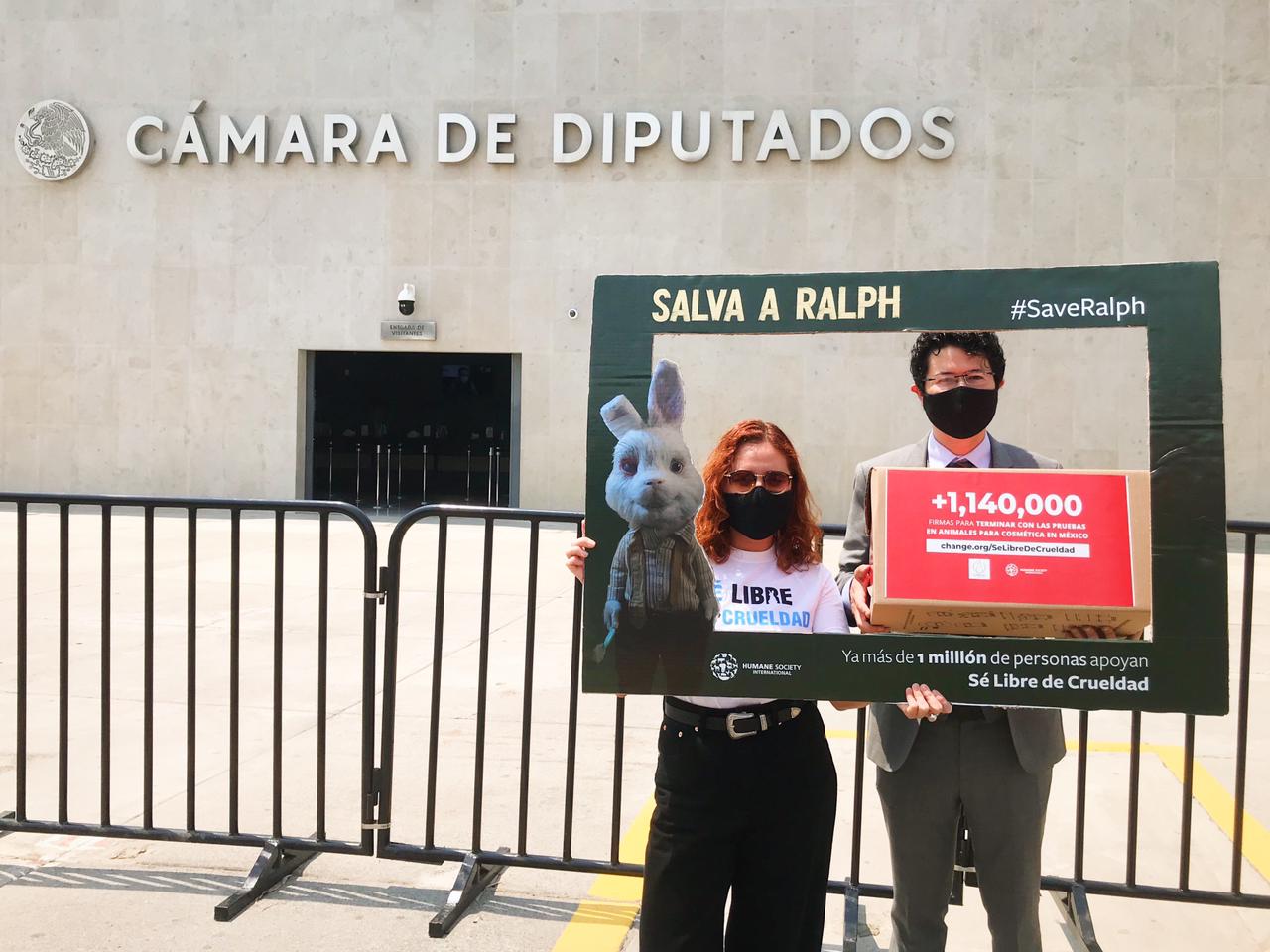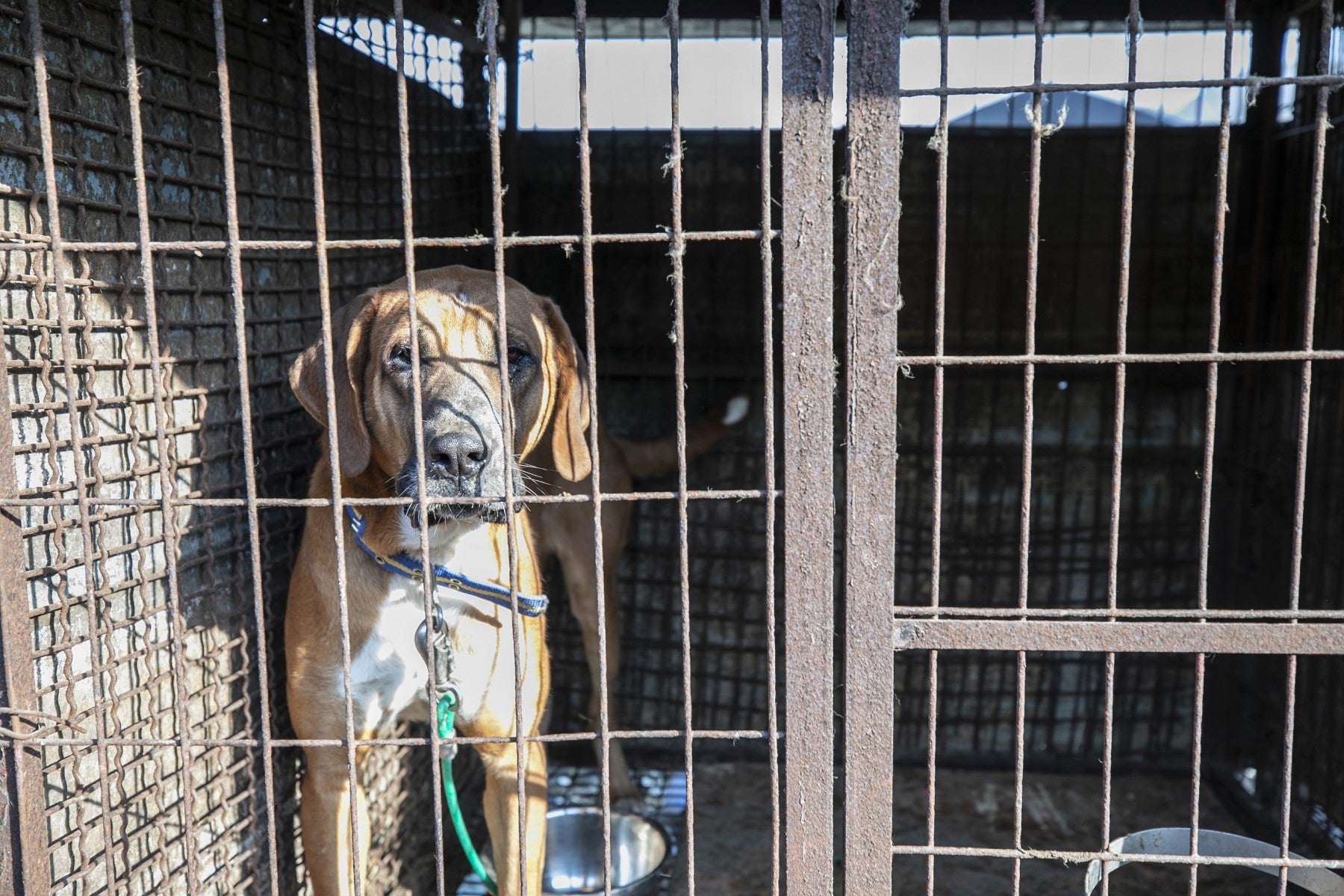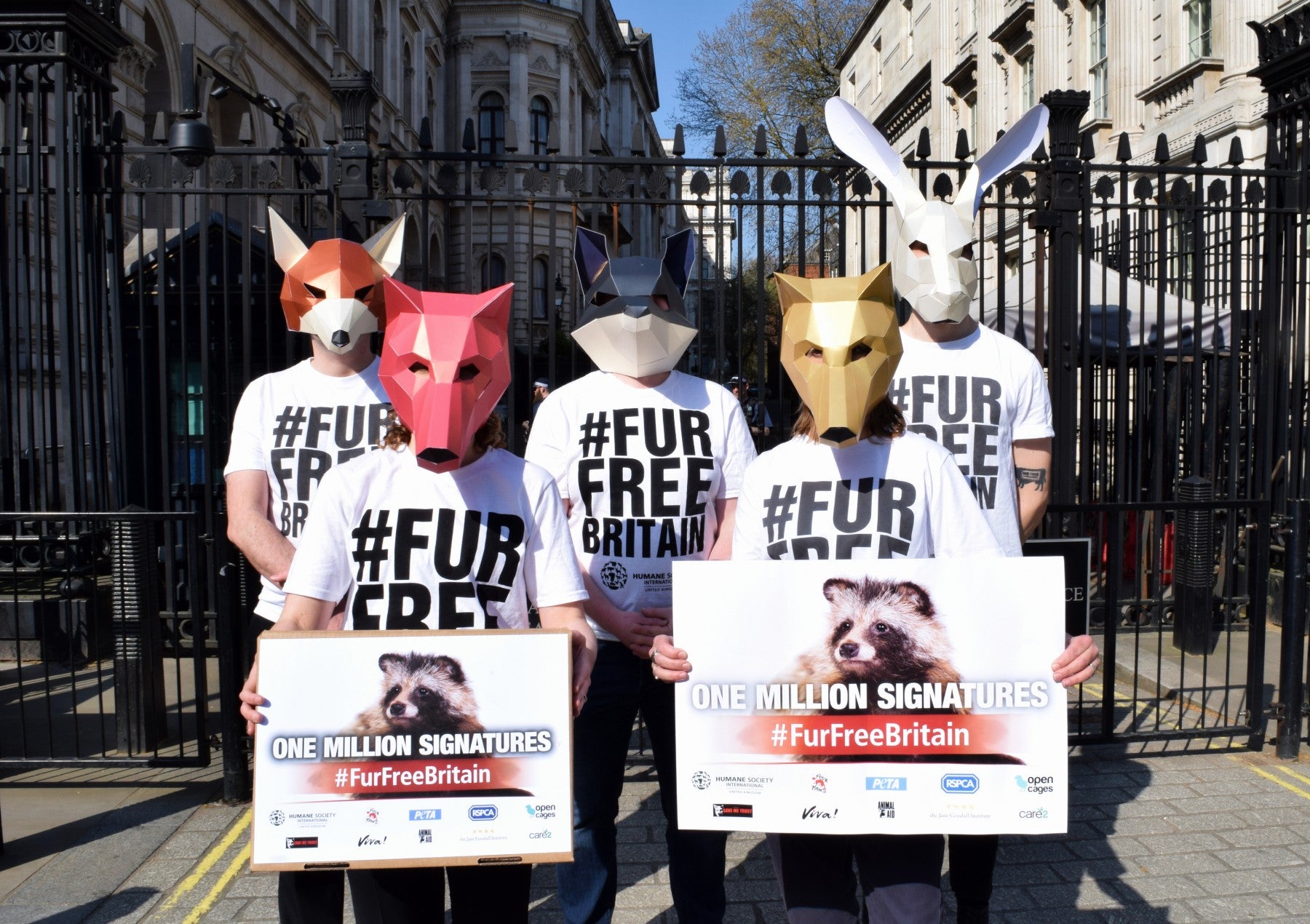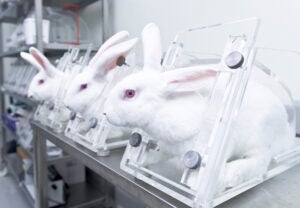
BRASILIA—The Brazilian Supreme Court yesterday upheld a Rio de Janeiro state law banning animal testing for cosmetics. The ruling was welcomed by animal protection NGO Humane Society International, which filed a legal brief in the court case and is the leading organization working to eliminate cosmetic animal testing worldwide in favor of modern, non-animal approaches to safety assessment.
The constitutionality of Rio de Janeiro State Law 7.814/2017, and a similar ban in Amazonas State, was challenged in 2018 by the Brazilian Association of Cosmetics, Personal Hygiene and Perfume Industry (ABIHPEC). Last year the Supreme Court ruled unanimously in favor of the Amazonas state testing ban, upholding the state’s authority to prohibit such inhumane and unnecessary activity, and yesterday´s ruling reinforced this important decision.
The Court also held that the parts on the Rio de Janeiro state law banning sales of cosmetics tested on animals and requiring specific product labeling exceeded the state’s legislative competence. This holding underscores the importance of enacting acomprehensive federal ban on cosmetic animal testing and trade at the federal level in Brazil. Humane Society International is actively working on this national effort, which aligns with similar bans already in place in 40 countries. HSI’s work to secure 10 state-level testing bans in Brazil builds momentum to advance a federal bill, which has been languishing in the Senate for seven years.
As a result of HSI’s #SaveRalph campaign, which launched last month with support of superstar Rodrigo Santoro, more than 1.5 million Brazilians have signed the HSI-ONG Te Protejo petition calling for a federal cosmetic testing and sales ban in Brazil. The extraordinary virality of #SaveRalph and groundswell of public support has re-ignited federal political interest in this topic, with a Senate debate expected to take place in the coming weeks.
Antoniana Ottoni, Humane Society International federal affairs specialist for research & toxicology, said: “Yesterday’s Supreme Court decision confirms that state bans on cosmetic animal testing are indeed constitutional. As this outdated and inhumane practice is prohibited across the country, now is the time for the industry, lawmakers and the federal government to join together to advance a meaningful federal law to ban cosmetic animal testing and sales of cosmetics tested on animals across the whole of Brazil.”
Notes:
- Download today’s Supreme Court judgment.
- The states of Amazonas, Mato Grosso do Sul, Minas Gerais, Pará, Paraná, Pernambuco, Rio de Janeiro, Sao Paulo, Santa Catarina and Federal District have already banned cosmetic tests on animals. Together, these states host more than 70% of Brazil’s national cosmetic industry
- Tests on animals are still recognized by National Agency for Sanitary Surveillance (ANVISA) guidelines to assess the dangers of cosmetic products and their ingredients. These include tests for eye and skin irritation (using rabbits), skin allergy (using mice or guinea pigs), general toxic effects (in which a cosmetic chemical is force-fed to rats in either a single massive dose or smaller daily doses for up to three months), or specific toxic concerns such as infertility (which use up to 2,600 rats and their offspring per test). Although some tests have been recently phased-out by the National Council for the Control of Animal Experiments, long-term animal tests are still allowed.
- Forty countries have already enacted measures aligned with the objectives of the campaign, including the United Kingdom, European Union, Norway, Israel, India, New Zealand, South Korea, Taiwan, Switzerland, Turkey, Guatemala, Australia, Iceland and Colombia. Similar legislation is being advanced by Humane Society International and our partners in Chile, Mexico, Canada, the United States, South Africa and the Association of South-East Asian Nations.
- HSI’s campaign to ban cosmetic animal testing in Brazil has received the support of numerous influencers and celebrities, including Rodrigo Santoro, Fernanda Tavares, Ellen Jabour, Mylla Christie, Macris Carneiro, and Rita Von Hunty.
ENDS
Media contact: Antoniana Ottoni: aottoni@hsi.org; +55 (61) 9 8140 3636

